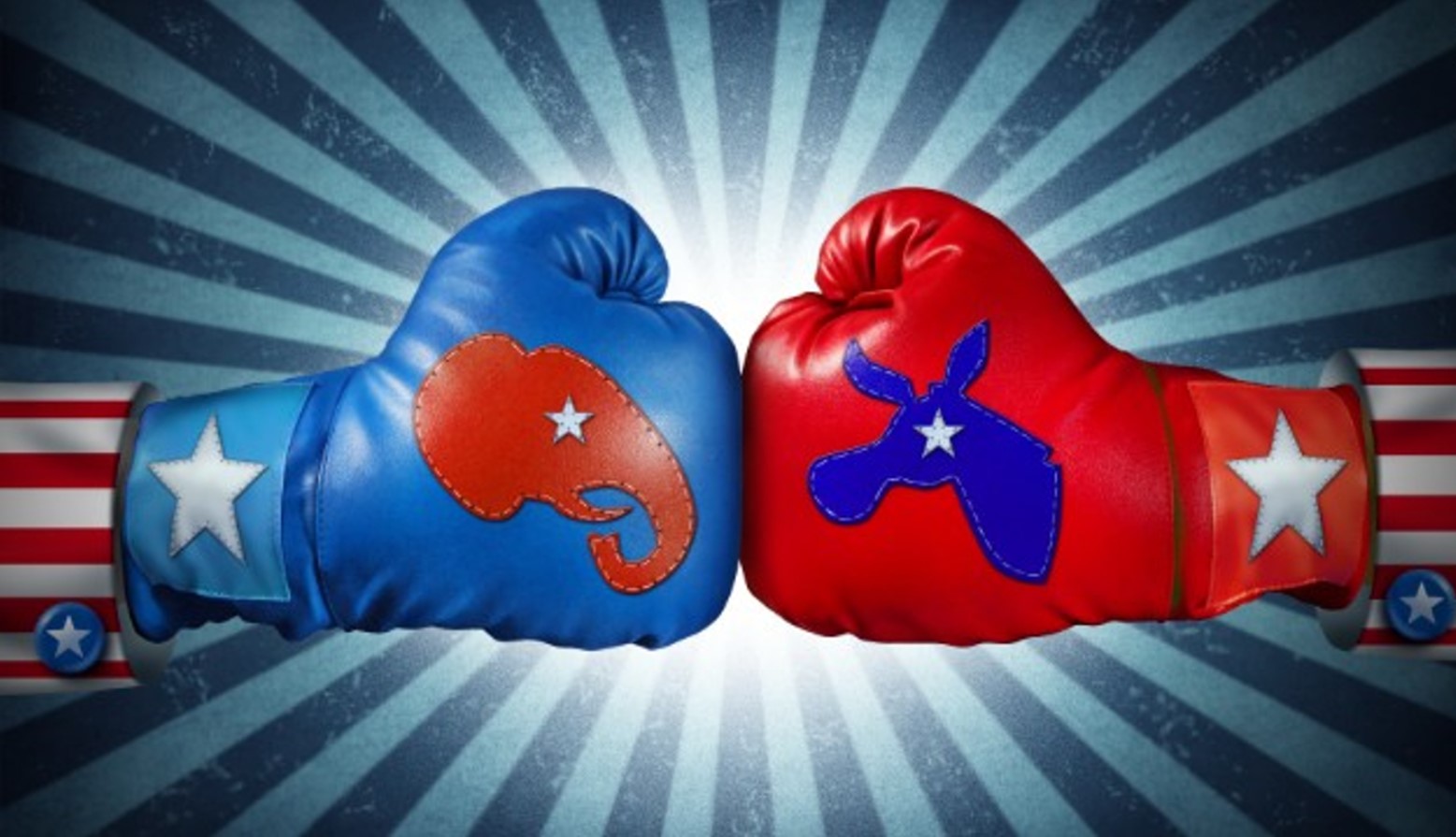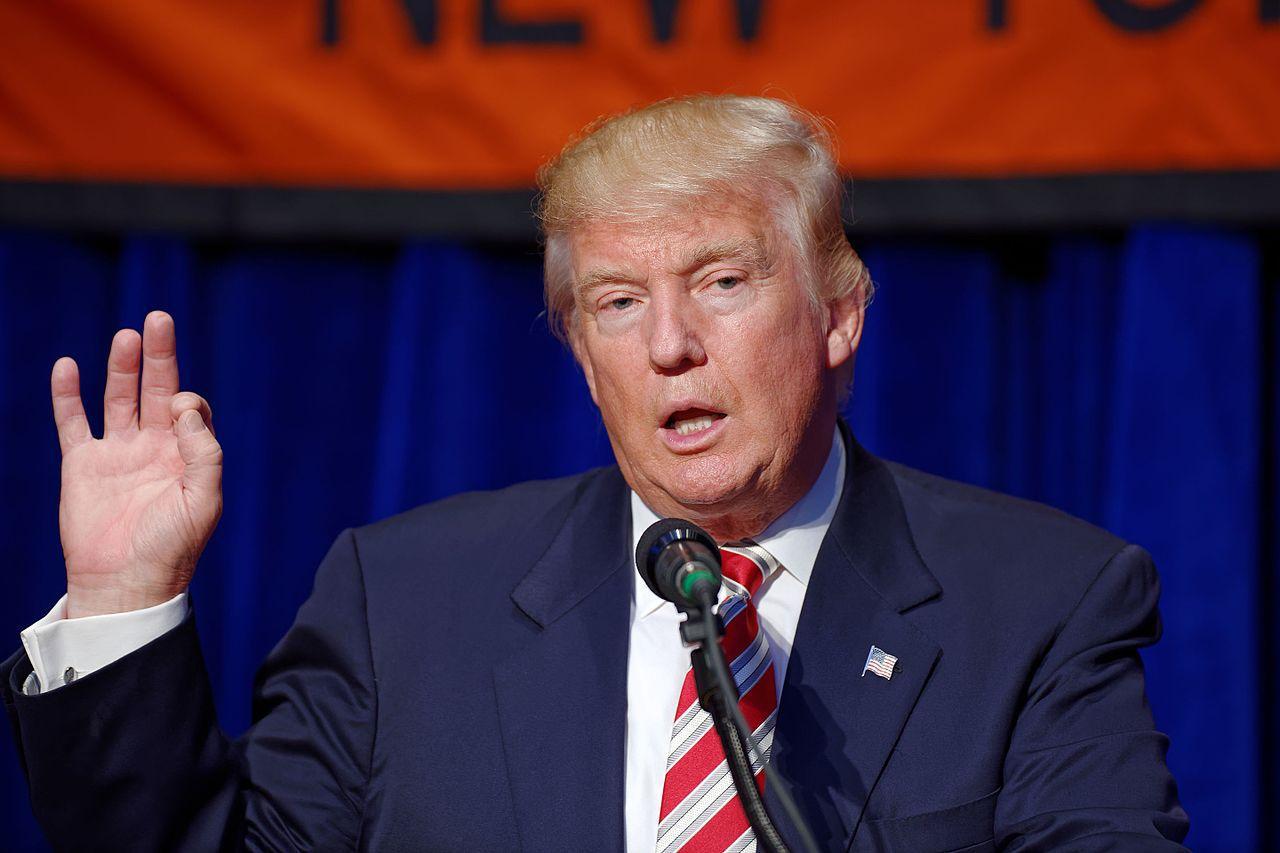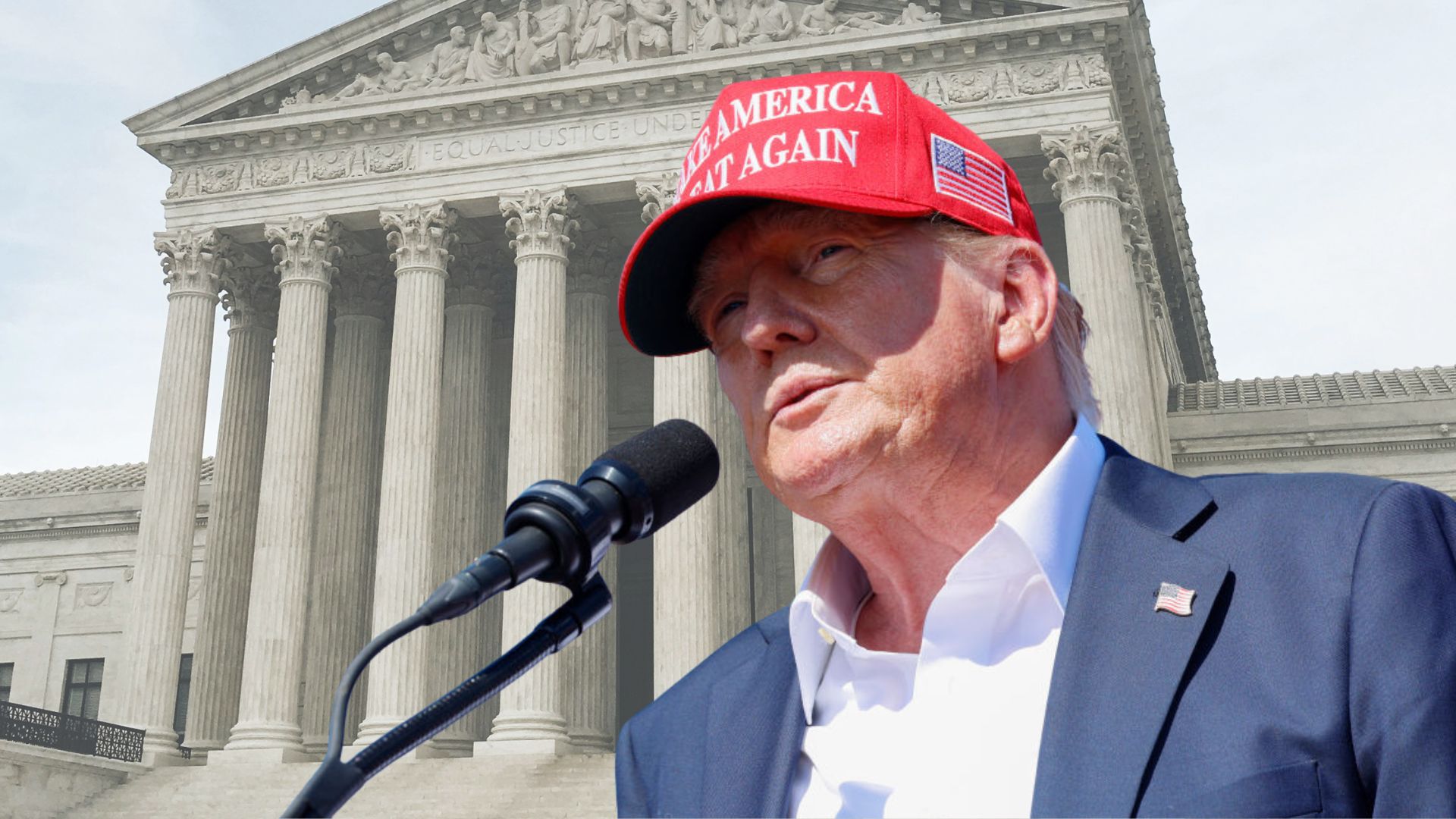‘Some folks need killing’: North Carolina Lt. Gov Takes Christian Nationalism To Dangerous New Low
Last week, North Carolina Lt. Gov. Mark Robinson delivered a fiery sermon at Lake Church in White Lake. He declared that “some folks need killing,” sparking widespread outrage.
This event was part of “God and Country Sunday,” showcasing the intersection of politics and religion in Robinson’s campaign.
Comparing Political Opponents to Nazis
According to MSNBC, Robinson compared his perceived enemies on the American left to Nazis, stating, “We didn’t argue and capitulate … No, they’re bad. Kill them.”

Source: Freepik
This stark comparison highlights his extremist views and willingness to invoke violent imagery. Robinson’s rhetoric marks a dangerous escalation in political discourse.
Ambiguous Targets
While Robinson did not specify who exactly “needs killing,” he referred to “wicked people doing wicked things.” His speech implied a broad spectrum of leftist foes, warning about those advancing “the tenets of socialism and communism.”

Source: Adobe Stock
This vagueness leaves room for plenty of interpretation, raising concerns about potential violence against various groups.
Church Support
Cameron McGill, the pastor of Lake Church, defended Robinson’s remarks, claiming he referred to those seeking to harm Christians.

Source: Pixabay/Pexels
McGill’s support shows the troubling alliance between certain religious leaders and extremist political figures. This defense highlights the normalization of violent rhetoric in some religious communities.
Long History of Extremism
Robinson has a long history of extremist views, including denying the Holocaust and calling for the arrest of trans women using women’s restrooms.

Source: John-Mark Smith/Pexels
His political career began with attacks on gun control and survivors of the Parkland school shooting. These views have not deterred his supporters, who see him as a champion against “woke” culture.
Road to Majority Conference
Robinson recently spoke at the Road to Majority conference, a significant event for Republican leaders, including former President Donald Trump. His appearance there solidified his position within the Christian nationalist movement.

Source: Wikimedia
Robinson’s speech attacked the media and praised Christian nationalist values, furthering his controversial agenda.
Christian Nationalist Dogma
In a pre-sermon interview, Robinson reiterated that America was founded as a Christian nation and that the Constitution is based on the Bible.

Source: K2 Production/Pexels
He argued that the separation of church and state protects the church from government interference but allows the church to influence the government. This interpretation is central to Christian nationalist ideology.
Advocating for State Violence
Robinson suggested that law enforcement should handle these supposed enemies, saying, “Time to call out, uh, those guys in green and go have them handle it.”

Source: Pixabay/Pexels
This call to action raises serious ethical and legal questions about the use of state power to target political opponents. It echoes past incidents where political figures have endorsed violence.
Escalation of Rhetoric
Robinson’s call for killing represents a significant escalation from previous Christian nationalist rhetoric, which often framed conflicts more as spiritual battles.

Source: Wikipedia
This shift from metaphorical to literal violence is alarming and reflects the growing radicalization within some segments of the political right. It poses a real threat to civil discourse and public safety.
Broader Implications
Robinson’s remarks are part of a broader trend within the MAGA movement, which seeks to upend democratic norms and replace them with far-right authoritarianism.

Source: James McNellis/Wikimedia Commons
His violent rhetoric exemplifies the dangerous direction in which this movement is heading. The potential impact on American democracy is troubling, putting it lightly.
Reactions and Criticisms
Robinson’s speech has been met with widespread condemnation from various political and social groups.

Source: Shutterstock
Critics argue that such rhetoric endangers lives and undermines democratic principles. The controversy also highlights the urgent need for a robust response to political extremism and violence.
Future of Robinson’s Campaign
Despite the backlash, Robinson remains a prominent figure in North Carolina politics.

Source: Anna Moneymaker; Anna Sullivan/unsplash
His ability to galvanize support from the Christian right suggests that his campaign will continue to leverage extremist rhetoric.
